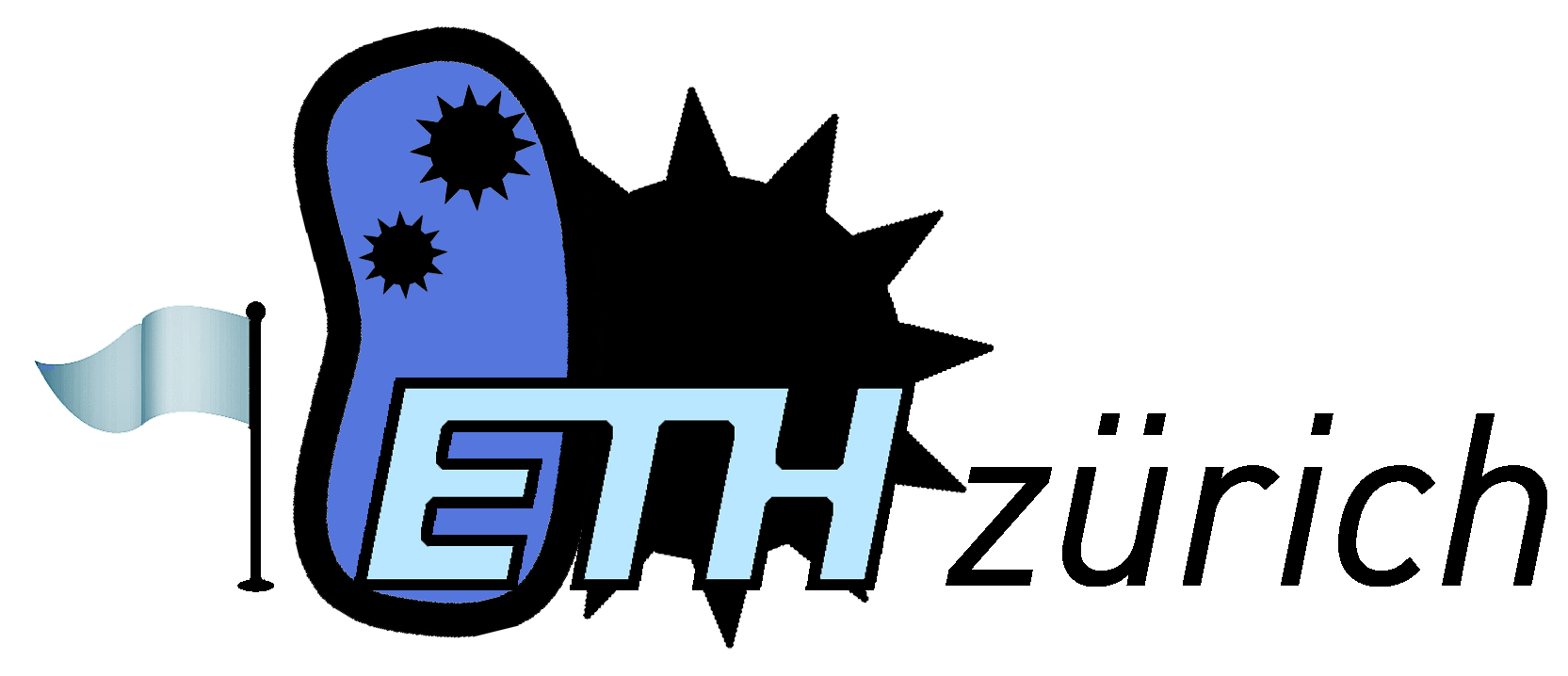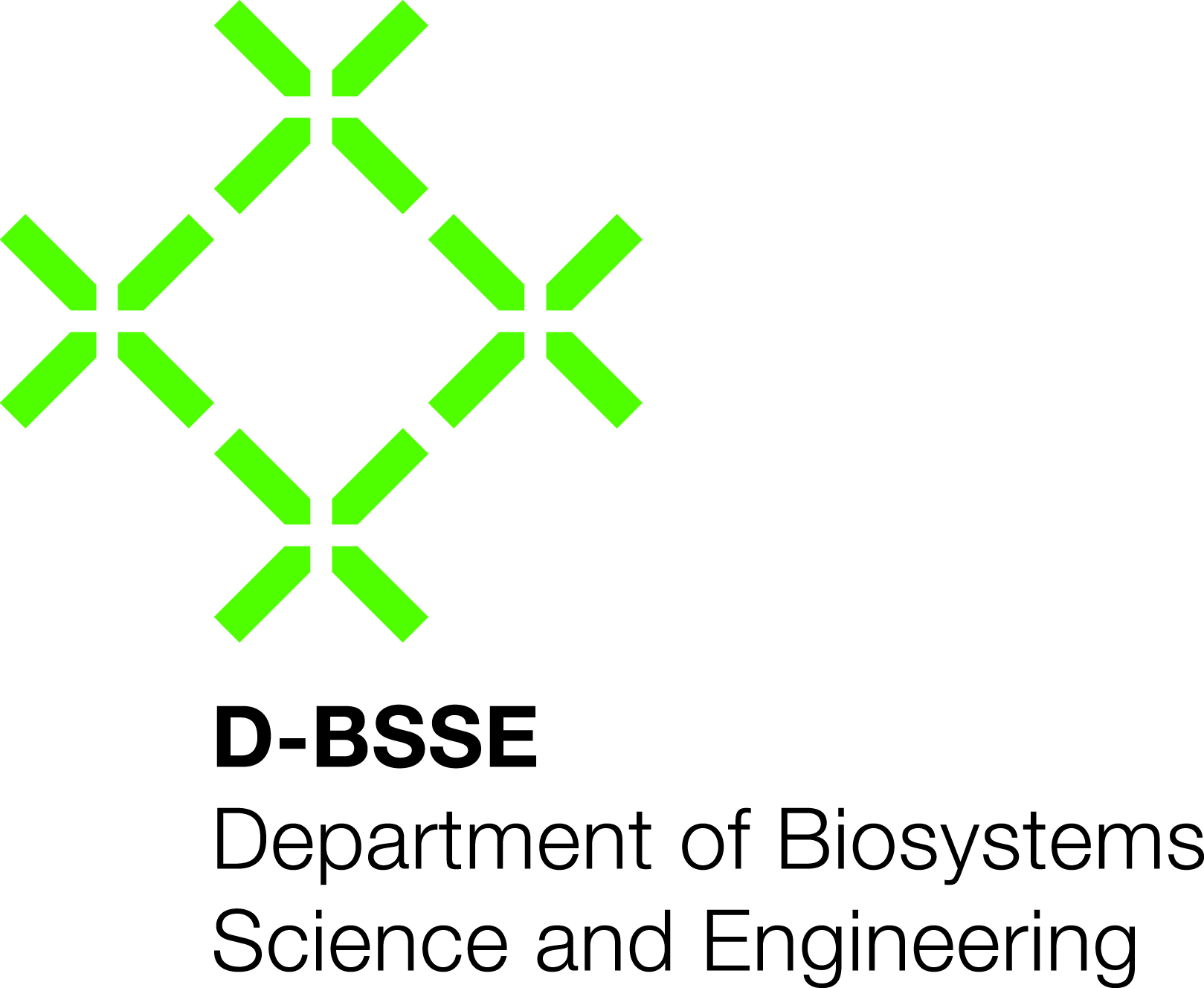Team:ETH Zurich/Experiments 6
From 2013.igem.org
(Difference between revisions)
| Line 4: | Line 4: | ||
<h1>The game with the GFP receiver construct</h1> | <h1>The game with the GFP receiver construct</h1> | ||
| - | [[File: | + | [[File:grid.png|300px|left|thumb||<b>Figure 1. Gameplay with GFP receiver construct after 11 hours</b>]]<p>The receiver and sender colonies were plated in the honeycomb hexagonal pattern on LB-Agar for a timelapse experiment to follow the OHHL diffusion from sender cells to receiver cells.<br> The mine cells/sender cells are represented by an M, the numbers indicate how many mines surround the non mine colonies . The grey-scale makes it easy to identify 1,2 or 3 surrounding mines. As predicted in our model a gradient is visible in the colony. This gives the player information about the location of the mine. This should not happen in the Hydrolase set-up. The image is presented in inverted grey-scale for the best visibility.</p> |
<br clear="all"/> | <br clear="all"/> | ||
Revision as of 20:56, 27 September 2013
The game with the GFP receiver construct
The receiver and sender colonies were plated in the honeycomb hexagonal pattern on LB-Agar for a timelapse experiment to follow the OHHL diffusion from sender cells to receiver cells.
The mine cells/sender cells are represented by an M, the numbers indicate how many mines surround the non mine colonies . The grey-scale makes it easy to identify 1,2 or 3 surrounding mines. As predicted in our model a gradient is visible in the colony. This gives the player information about the location of the mine. This should not happen in the Hydrolase set-up. The image is presented in inverted grey-scale for the best visibility.
The game with the hydrolases receiver construct
 "
"






